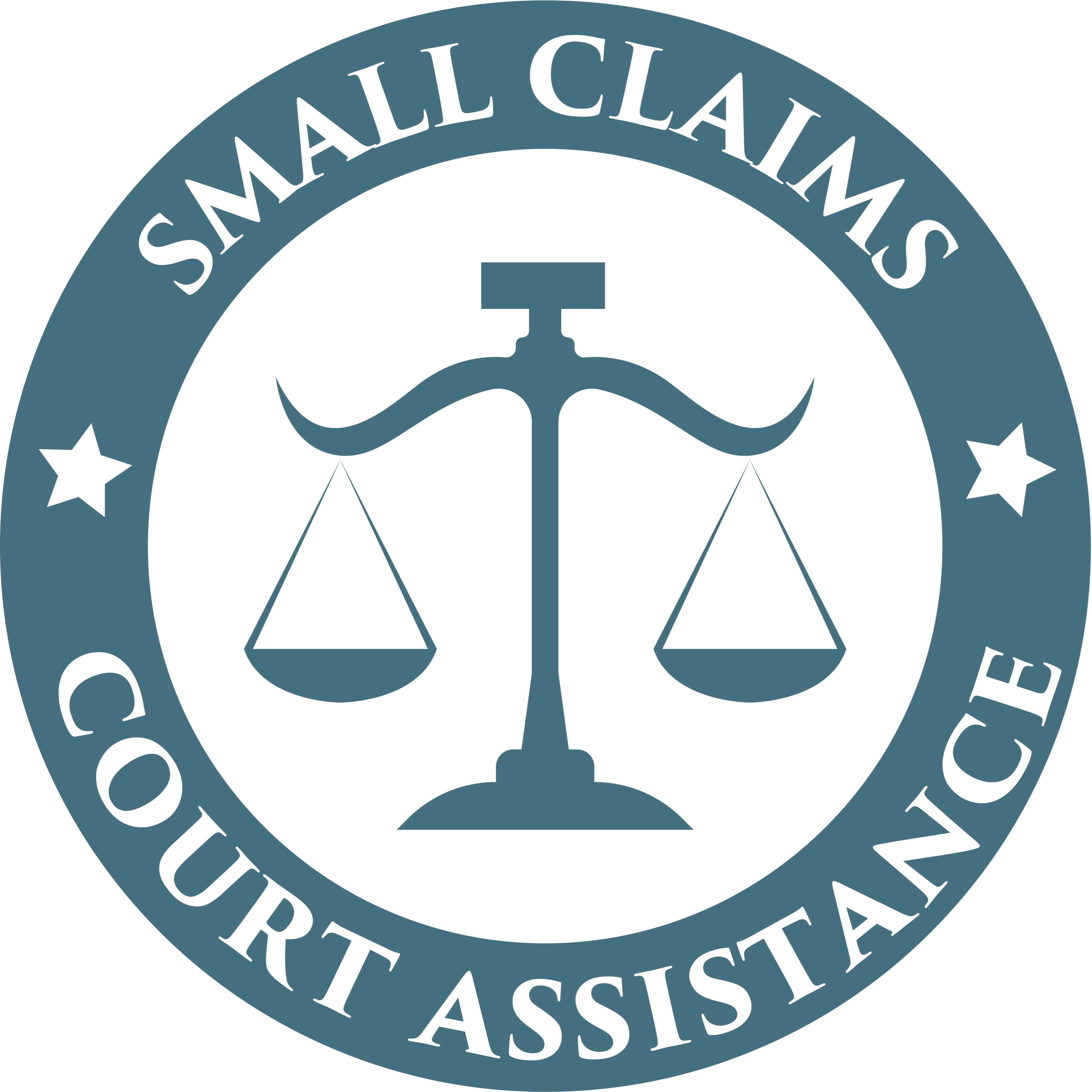Navigating the legal corridors of Small Claims Court can be a daunting task for many individuals and small businesses. While the process is designed to be more straightforward and user-friendly than typical civil courts, you can’t escape the need for robust evidence to support your claim. In this article, we will explore the critical role that evidence plays in Small Claims Court, what types of evidence are most effective, and how to properly present this evidence to win your case. Finally, we’ll introduce an alternative path that may alleviate the need for going to court in the first place: the third-party debt recovery services provided by DCI aka Debt Collectors International.
Types of Evidence Relevant to Small Claims Court
Written Agreements and Contracts
If your dispute revolves around a contract or written agreement, having a signed copy is invaluable. It provides clear evidence of the terms agreed upon by both parties.
Correspondence
Emails, texts, or other forms of communication between you and the other party can corroborate your claims or demonstrate the other party’s acknowledgment of a debt or dispute.
Photographs and Videos
Visual evidence like photographs or videos can be powerful. Whether it’s a damaged item or an unsafe environment you are suing about, images can be worth a thousand words.
Expert Testimonies
Although expert witnesses are less common in Small Claims Court, there are cases where their input can be crucial, such as for professional estimates of repair costs.
Invoices, Receipts, and Financial Records
Financial documents can substantiate your claims for payments, whether it’s an unpaid invoice or receipts for expenditures you’ve had to cover due to the dispute.
Presenting Your Evidence Effectively
- Organize Your Documents: Presenting your evidence in a coherent and organized manner can significantly help your case. Indexing your evidence can make it easier for the judge to follow along.
- Be Clear and Concise: Stick to the facts and present your evidence in a straightforward way. Rambling or including irrelevant information can confuse the issue and dilute your arguments.
- Use Witnesses Carefully: Witnesses can provide first-hand accounts of events or situations. However, their credibility can also be questioned, so ensure you know what they will say.
- Prepare for Cross-Examination: If the other party intends to bring evidence against you, prepare yourself for cross-examination by understanding their evidence and preparing counter-arguments.
- Adhere to Court Rules: Each jurisdiction has its rules about what kind of evidence is admissible. Make sure you are familiar with these rules before you go to court.
The Downsides of Going to Small Claims Court
Even with strong evidence, navigating Small Claims Court can be a stressful and time-consuming process. Moreover, the courtroom environment can be unpredictable, and despite your best efforts, you might still lose your case. In many jurisdictions, there’s also a limit to the value of the claim you can make, often capping at a few thousand dollars.
A Smoother Alternative: DCI’s Third-Party Debt Recovery Services
Before taking your case to Small Claims Court, consider using the third-party debt recovery services offered by DCI aka Debt Collectors International. These services provide several benefits:
- Faster Resolution: Avoid the long wait times associated with court proceedings.
- Higher Success Rate: Expert negotiators increase the likelihood of debt recovery.
- Global Reach: The ability to handle international debts is invaluable for businesses operating across borders.
- Cost-Effectiveness: Many services operate on a ‘No Recovery, No Fee’ model, minimizing financial risks.
By opting for a third-party debt recovery service, you might be able to resolve your dispute more effectively and efficiently than by going through Small Claims Court.
Conclusion
While Small Claims Court offers a venue for justice in minor disputes, it’s essential to understand the role of evidence in securing a favorable judgment. However, this pathway is fraught with complexities and potential pitfalls. For a more streamlined and potentially rewarding process, consider leveraging the third-party debt recovery services provided by DCI aka Debt Collectors International.

Comments are closed